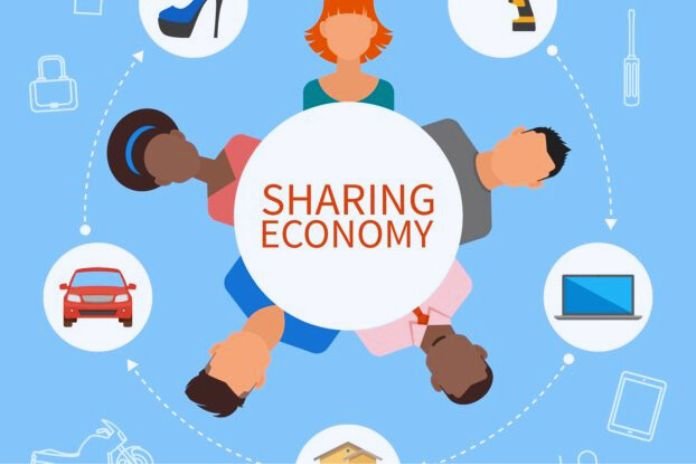Social Networking & Economy: New Cultural Approach Is Needed

A few posts and tweets are: The world of social networking is only the emerging type of a new paradigm: indeed, the literature regarding participatory economies has already provided many interesting examples, and in this short article, I am only going to underline some exciting evidence in my opinion.
The concept of sharing, from its ancient roots (in the modern era, we move from utopian socialism to the Californian communes of the 1960s), has become a mature process changing the characteristics of today’s market. Not enough to address a need profoundly transformed in just a few years.
Until recently, The social phenomenon was focused only on the communication side, which is the emerging type of a broader transformation process that requires a profound re-design of the company’s internal operations. The practice of sharing becomes the driver of substantial changes.
From “I” To “we”: New Leadership Models
If we start from the heart of an organization, for example, sharing applied to planning has brought immediate consequences on the internal structure and leadership models: from the ‘I’, we are moving towards a ‘we’ characterizing a team that shares daily, where co-creation and interactions are the key drivers.
This process also changes the demand for skills: the skills of ‘fluidifiers’ and ‘facilitators’ who know how to combine, transversely to their primary ability, apparently contradictory worlds are sought. This internal change of an organization may or may not use digital platforms that favor and speed up the process, but the substance does not change.
We are moving towards improving the production and exchange of knowledge that favors the emergence of existing but not yet valorized personal (but also systemic and territorial) talents and resources; to this, we must add the generation of a large multitude of feedback and sharing, which favor, among other things, the growth of general efficiency, the reduction of risks and the optimization of predictive and analysis tools: the ability to analyze this mass of data can make the difference.
Skipping many other significant examples, we arrive at our end user who is now a prosumer, that is, co-designer and co-communicator; many of these users, grasping today’s ‘zeitgeist’, are experimenting with new ways of citizenship and consumption (ranging from ‘urban social districts’ to ‘spontaneous coworking’ up to ‘carpooling communities’), replacing the concept of ‘I buy’ with that of ‘I use’ and ‘I pay for what I use’.
Having Is Replaced By Enjoying
Fragmentation, active customization and continuous interaction have created a new paradigm: will we move from private property to a user society? Indeed, this is one of the directions taken and is very consistent with the processes mentioned above: many systems are already adapting to this new ‘status in motion’ (sorry for the apparent contradiction of the term): it is good to say, however, that when it comes from the Italian market, it is always good to add caution in any modeling you do.
Here, the ‘contradiction’ addressed above is an instrumental detail for understanding the phenomenon analyzed, almost as if we were following more of a ‘Logic of Water’ rather than a vision in which reasoning and iron logic prevail.
In closing, we come to the question posed in the title: any social networking strategy far from considering the breadth and depth of the process described above has little chance of lasting success. So, not just ‘posting’, ‘tweeting’ and ‘chatting’, but a genuinely new paradigm that sees the culture and practice of sharing drivers become substantial changes like the market and business.
Read Also: Successful Salesman: Those With Digital & Social Marketing Skills






